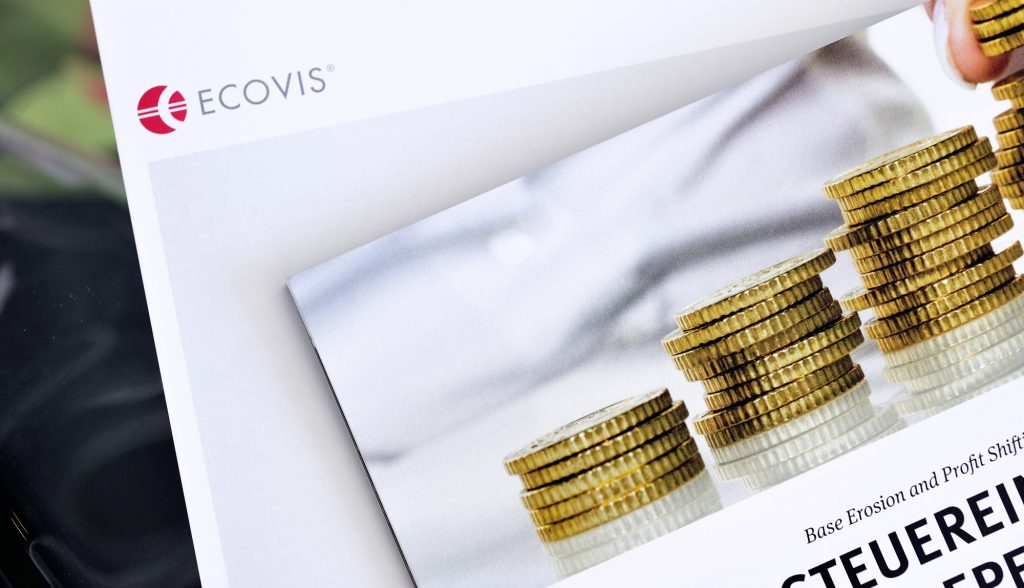22-11-2017
The Bank of Lithuania (financial regulator) has opened up the possibility for the banks and non-banking financial institutions to offer their clients the most cutting-edge innovation in the field of payments – instant payments, available 24/7/365, including weekends and holidays. This is one more step made by the Bank of Lithuania by ensuring favourable conditions for innovations that could bring more convenient, reliable and cost-effective means of executing payments. Already two years banks and non-banking payments institutions licensed in Lithuania can connect to the SEPA-MMS payment system, which allows business clients and financial companies make pan-European paymentsn in Euros very expediently and at low costs.
The instant payment solution has been added to CENTROlink in the first wave of the pan-European adherence to the new scheme. Starting from 21 November 2017 instant payments will be accessible in 8 countries: Lithuania, Latvia, Estonia, Germany, Italy, Spain, the Netherlands and Austria. Eventually the service will be available across SEPA, i.e. in 34 European countries. Funds will be credited instantly not only in these countries but also between them. CENTROlink offers the widest range of SEPA services of any payment system in the region: credit transfers (SCT), direct debit (SDD) and instant payments (SCT Inst).
“The removals of various limitations support greater competition among payment service providers on both national and international levels. Instant payments is one more reason to choose Lithuania for FinTech start-up jurisdiction and especially for those FinTech companies, aiming to offer fast payment solutions“, – says Inga Karulaitytė-Kvainauskienė, attorney at law at ECOVIS ProventusLaw, a law firm is specialising in financial law and financial services licensing, payments, e-money, investment management law.
“Instant payments is one more reason to choose Lithuania for FinTech start-up jurisdiction and especially for those FinTech companies, aiming to offer fast payment solutions“, – says Inga Karulaitytė-Kvainauskienė, attorney at law at ECOVIS ProventusLaw.
A retail payment system managed by the Bank of Lithuania – SEPA-MMS – started as Lithuania joined SEPA in December 2015. It allowed business clients and financial companies to transfer money in Euros very expediently and at low costs. Moreover, more convenient, reliable and cost-effective payment services could be offered for customers, consumers and enterprises use the same payment order form, standardisation of the technical interface between banks and enterprises’ account systems allowed enterprises to optimise their internal payment processes, it became easier for enterprises to switch payment service providers. After the implementation of SEPA requirements, there were removed national limitations related to holding a payment account abroad. Banks and payment service providers using SEPA-MMS carry out mutual real-time credit transfers complying with SEPA requirements on business days from 8:00 to 18:00 and payments by other payment service providers operating in Lithuania and in the SEPA area are routed 5 times per day, taking into account the business schedules of foreign systems.
The part of the bank and non-bank sectors participants are already using CENTROlink services. “The payment infrastructure of the Bank of Lithuania is open and fully primed for working with banks, credit unions, as well as payment and e-money institutions established in Lithuania and abroad. How quickly they choose to offer instant payments to their clients is completely up to them,” – said Marius Jurgilas, Member of the Board of the Bank of Lithuania. and it is hoped that
Implementation of SEPA led to the introduction of new payment services in whole EU/EEA. The technical specification also enforced the one-stop-shop principle for the collection of utility payments using specialised internet banking forms. The implementation of SEPA-MMS created and made available to their customers a new e-invoice with automatic payment service, which is based on a one-stop-shop principle, hence making it technically possible for enterprises to accumulate funds on a single account, no matter with which bank their payer holds an account.
More advantages of SEPA:
– Equal opportunities for all credit institutions. Bank of Lithuania is the only one central bank in EEA opening the door for non-credit institutions to directly connect to payment system SEPA-MMS.
– Access to STEP2, RT1 and TIPS does not require any additional investments from SEPA-MMS clients.
– Licensed payment service providers (PSP) get IBAN and SWIFT-BIC.
– Zero credit risk. Money, kept at account with central bank, can be lost only in case of Republic of Lithuania default, probability of which is currently zero.
– SEPA-MMS provides automatic compulsory debt recovery service (PLAIS, CART).
– Reliable connection channel to the system.
– Competitive payment pricing. “Pay as You go principle” – no additional charges.
– Fast and economic licensing. Non-credit institution licensing fastest in EEA – up to 3 months. Minimum specialized bank capital requirement in EEA – just 1 M EUR from 6 to 12 months to go. From now on bank license fee has been cut from 50 000 EUR to 4 000 EUR.
– Partnership principle based flexible supervision. Fintech companies are provided with testing financial innovations environment – regulatory sandbox with a goal to test new financial products and solutions.
CENTROlink is part of Lithuania’s efforts to develop a FinTech-friendly regulatory and supervisory ecosystem. Fostering innovations in the financial sector is one of the Bank of Lithuania’s strategic directions for 2017-2020. Together with other state authorities, the Bank of Lithuania is aiming to create an environment that will attract new FinTech companies and encourage them to incubate new products in the country.


 Newsletter Subscription
Newsletter Subscription